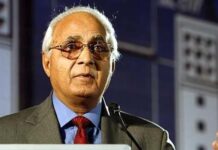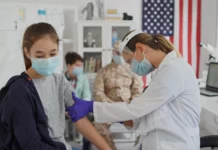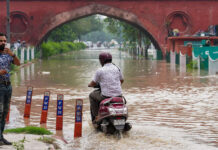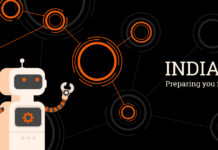In a bid to stop indiscriminate use of antibiotics, the government-appointed experts’ committee will prepare a new National list of medicines (NLEM). The meeting will decide which antibiotics should be included or excluded from the list. It aims at ensuring the antibiotics availability when and whichever is needed and right antibiotics is suggested for the right problem or infections.
An expert said the idea to revise NLEM is to enhance the outcomes of treatment, stop drug-resistant bacteria and to preserve the effectiveness of crucial antibiotics which are required when others fail.
The inclusion and exclusion of antibiotics from NLEM will affect majorly the big pharma companies like Sun Pharma, GlaxoSmithKline, Aristo Pharmaceuticals’, Mankind pharma nad the manufacturers of antibiotics in India. As the Indian population has become resistant to antibiotics, the Standing National Committee on Medicine (SNCM) felt to remove them from the NLEM, therefore, asked industry experts to show their list of antibiotics. The expert said that recommendations from industry will be reviewed by experts today and changes will be made keeping in mind WHO’s the list of essential medicines.
Categories of antibiotics
The antibiotics have been categorized into 3 sections according to the biggest revision of the antibiotics section in the EML’s 40-year history by WHO- Access, Watch, and Reserve. These categories have been created keeping in mind the recommendations on when each one should be used.
According to WHO, Access group category antibiotics should be available at all times as are used for a wide range of infections. For example, amoxicillin is an antibiotic used to treat infections like pneumonia should be available all the time.
The second category such as ciprofloxacin that is recommended as first or second choice treatments for a small number of infections like cystitis and upper respiratory tract infections.
The third group-Reserve-includes antibiotics like colistin and some cephalosporins that are used as the last option to cure severe infections when all other alternatives have failed.The WHO has added 12 antibiotics for adults and 10 for children on the list.
The committee on the National List of Essential Medicines (NLEM) headed by Balram Bhargava, secretary, department of health research and director-general of the Indian Council of Medical Research will decide which antibiotics should be removed and which should be available in adequate numbers and assured quality.
It is estimated from a study supported by the UK government and Wellcome Trust in 2016that around 10 million lives a year or approx $100 trillion of economic output is at risk due to a rise in drug resistance infections by 2050.
Once the revised NLEM is prepared the list will be sent to the second committee headed by Rajiv Kumar, vice-chairman of NITI Aayog, Preeti Sudan, secretary of the health ministry, and P.D Vaghela, secretary of the department of pharmaceuticals to decide which antibiotics are to be brought under price control.
















































